
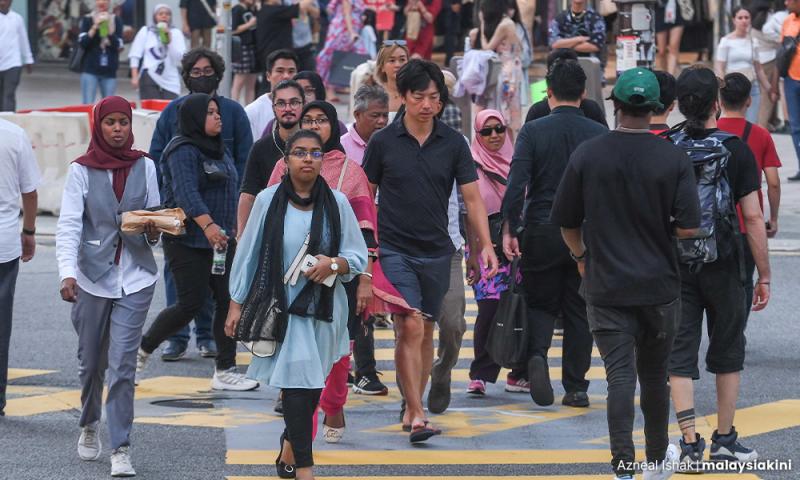

Wong Chin Huat
Published: Sep 16, 2025 3:51 PM
Updated: 5:54 PM
COMMENT | Three weeks ago, many non-Malays and liberals were circulating an article by Prof Tajuddin Rasdi about “seven harsh realities facing non-Malays and non-Muslims” or responses to it.
As Malaysia celebrates her 62nd birthday, it is worth revisiting this recurrent theme.
As the Malay-Muslims are often terrified by the local version of “Great Replacement Theory” that the minorities are taking over the country, what is actually common among middle-class non-Malays and liberals is discussions of the opposite - “self-displacement” - whether they have a future in Malaysia, and they or their children should leave Malaysia?
That sense of unbelonging annually peaks when public universities announce their intakes.
How do we explain the rejection by UM and UTM of a student with 4.0 STPM results, who was then offered enrolment with a scholarship by the National University of Singapore and Nanyang Technological University, which respectively rank eighth and 12th in the latest QS?
Published: Sep 16, 2025 3:51 PM
Updated: 5:54 PM
COMMENT | Three weeks ago, many non-Malays and liberals were circulating an article by Prof Tajuddin Rasdi about “seven harsh realities facing non-Malays and non-Muslims” or responses to it.
As Malaysia celebrates her 62nd birthday, it is worth revisiting this recurrent theme.
As the Malay-Muslims are often terrified by the local version of “Great Replacement Theory” that the minorities are taking over the country, what is actually common among middle-class non-Malays and liberals is discussions of the opposite - “self-displacement” - whether they have a future in Malaysia, and they or their children should leave Malaysia?
That sense of unbelonging annually peaks when public universities announce their intakes.
How do we explain the rejection by UM and UTM of a student with 4.0 STPM results, who was then offered enrolment with a scholarship by the National University of Singapore and Nanyang Technological University, which respectively rank eighth and 12th in the latest QS?
Since the courses he applied for at the Malaysian and Singapore universities were different, does it imply that he was simply not competitive enough for Universiti Malaya and Universiti Teknologi Malaysia?
Although his ethnicity was not stated, many would assume that he is a non-bumiputera and believe that his biggest disadvantage is his ethno-religious category.
Dilemma of minorities and liberals
Many would also remember Prime Minister Anwar Ibrahim’s candid outburst to an ethnic Indian matriculation student in 2023: ethnic quotas cannot be scrapped or otherwise PAS and Bersatu would come to power, and the minorities would suffer more.
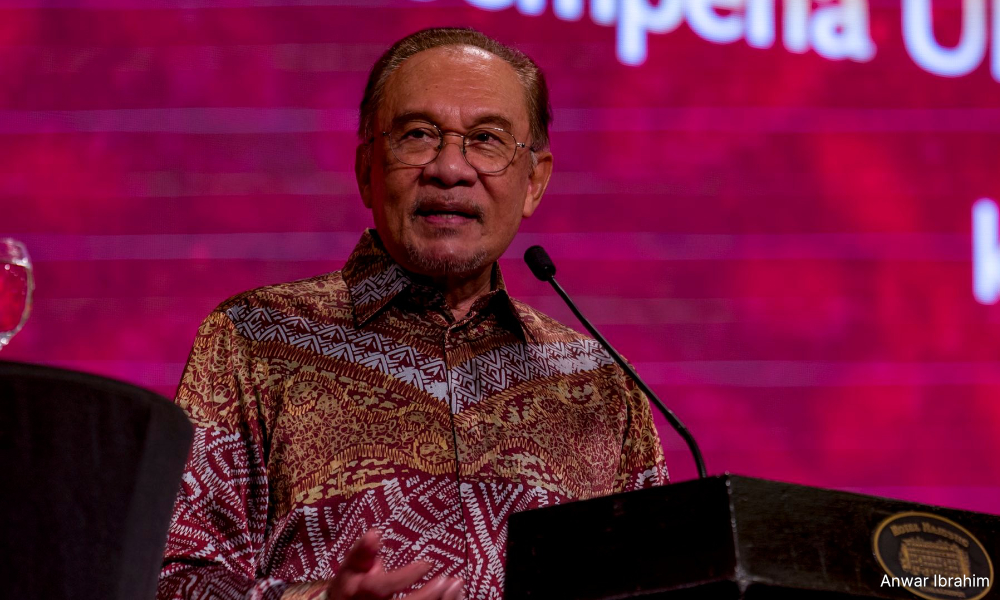
Anwar’s “lesser or necessary evil” narrative captures the dilemma felt by many Malaysians of ethnic minority heritage or liberal persuasions.
When even the most minority-friendly government believes that scrapping ethnic quotas for university enrolment is an electoral suicide, what are the options left to the ethnic minority and liberal Malaysians?
The first option is accepting the realities and then striving for incremental improvements, preservation of the status quo, or a slowdown of the dooming process. Tajuddin’s narrative falls largely within this.
Tajuddin’s seven harsh realities are:
(1) Malays would never change;
(2) Islam would be weaponised worse than the race card;
(3) State institutions would be skewed towards one narrative because of their predominantly Malay composition;
(4) We will have a mixed government from now onwards;
(5) We must be patient for changes;
(6) There should no longer be unrestricted freedom of speech; and
(7) We must be flexible to changing political alliances and context.
The first four are the so-called “harsh realities”, and the last three are his advice. In short, Anwar’s Madani government may be unsatisfactory, but it is still the best possible and be patient.
The second option is exactly the opposite, demanding political parties to stand up for the minorities and a colour-blind Malaysia, and penalising those that ignore the minority-liberals’ aspiration, by either voting for their more outspoken rivals or by abstention.
Abstention alone would likely cost Pakatan Harapan and BN many marginal seats and pave the way for Perikatan Nasional’s coming into power.
But if voters feel frustrated enough that they don’t have a good choice, no doses of persuasion by the likes of Tajuddin can drag them to the polling booths.
The third option is simple: leaving Malaysia.
Can Sarawak and Sabah save multiculturalism?
The fourth option is counting on Sarawak and Sabah to defend multiculturalism and religious inclusion in Malaysia. The underlying logic here is that Borneo Malaysians reject ethnic/religious-centrism.
Sarawak, in particular, is seen as a beacon for a progressive and pragmatic Malaysia with several of its policy directions: emphasis on English, generous support of non-Muslim faiths through Unifor and meritocracy in university enrolment.
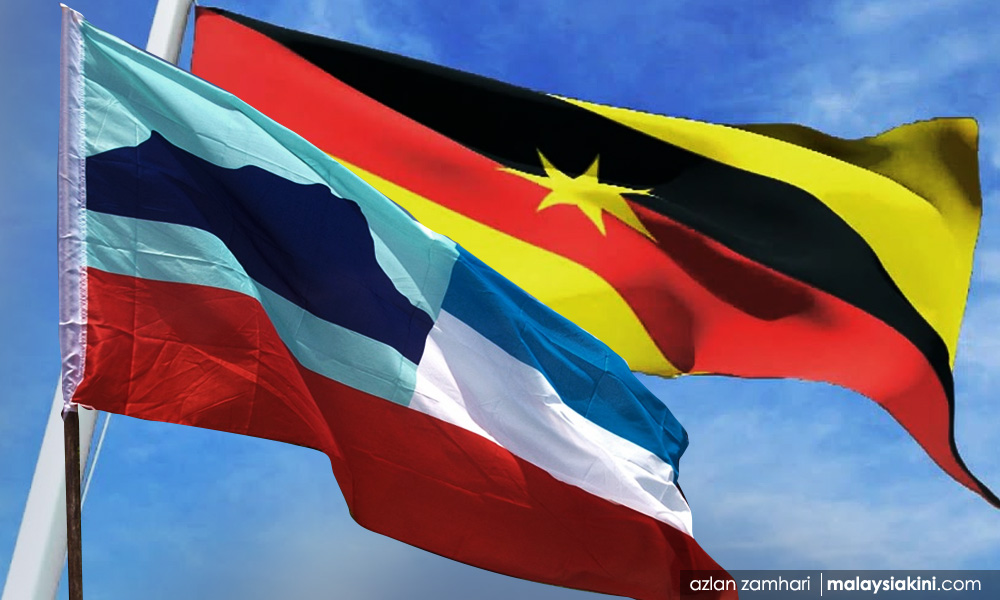
In both emphases of inclusion and one-party dominance, Sarawak appears to move closer to the path taken by Singapore than that of West Malaysia after 1965.
In contrast, Islamisation ala Malaya appears to take root in some parts of Sabah.
Those who count on Borneo see two scenarios in which Sarawak and Sabah may emerge as the white knights.
First, Gabungan Parti Sarawak and Gabungan Rakyat Sabah would reject a PN-led government. Second, Sarawak and Sabah may move towards autonomy and hopefully independence, which could be a safe haven for the minorities and liberals from West Malaysia.
Unfortunately, as shown immediately after the 15th general election, Sarawak and Sabah elites are highly pragmatic and ready to join any federal government led by a coalition/party that won the majority support of Peninsular Malays, including PAS.
If their base distrusts a certain party, they might ask for more concessions in state autonomy as compensation.
Next, would independent or highly autonomous Sarawak and Sabah welcome 12 million Malayan minorities and liberals with open arms? Of course, no. Not even the professionals from Malaya. That was why Sarawak and Sabah demanded internal immigration control in 1963.
Option 5: Smart community-level lobbying for inclusion
I believe in neither fatalism nor impulsive reactions. Here is Option 5: smart and community-level lobbying for inclusion.
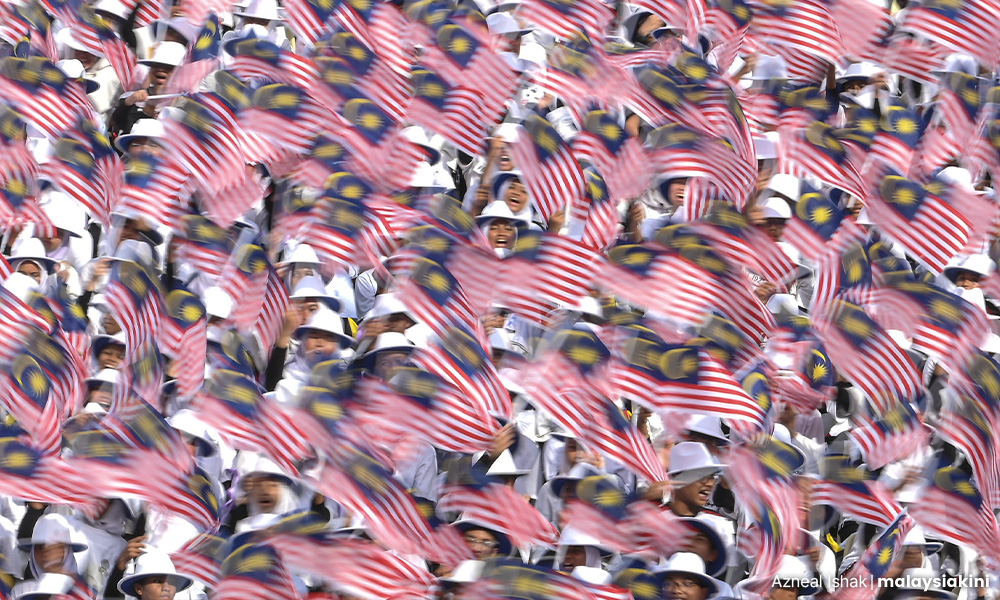
In contrast with “righteous lobbying”, which emphasises “rights” that minorities and liberals deserve, “smart lobbying” should emphasise “common interests”, why everyone stands to gain from diversity and inclusion.
Righteous, rights-based lobbying by minorities can easily be used by Malay-Muslim political entrepreneurs as a threat to the ethnic majority, who have been told that the world is a zero-sum game.
“Smart lobbying” would have to focus on what benefits the majority community gains from treating the minorities fairly.
Why have the calls for Chinese primary schools to be closed down weakened in the past decade? Nearly every one in five students from Chinese vernacular schools is a bumiputera.
Closing down Chinese schools is punishing enough of bumiputera parents and students, not just the Chinese ones.
In contrast, Malay public opinion towards the recognition of the United Examination Certificate (UEC) has not mellowed much, as few Malay students enrol in Chinese Independent High Schools and take UEC exams.
Preserving diversity in Malaysia, from mother tongue education to religious freedom, would need narratives about how this benefits the ethnic majority, not just that it is the right of the ethnic majority.
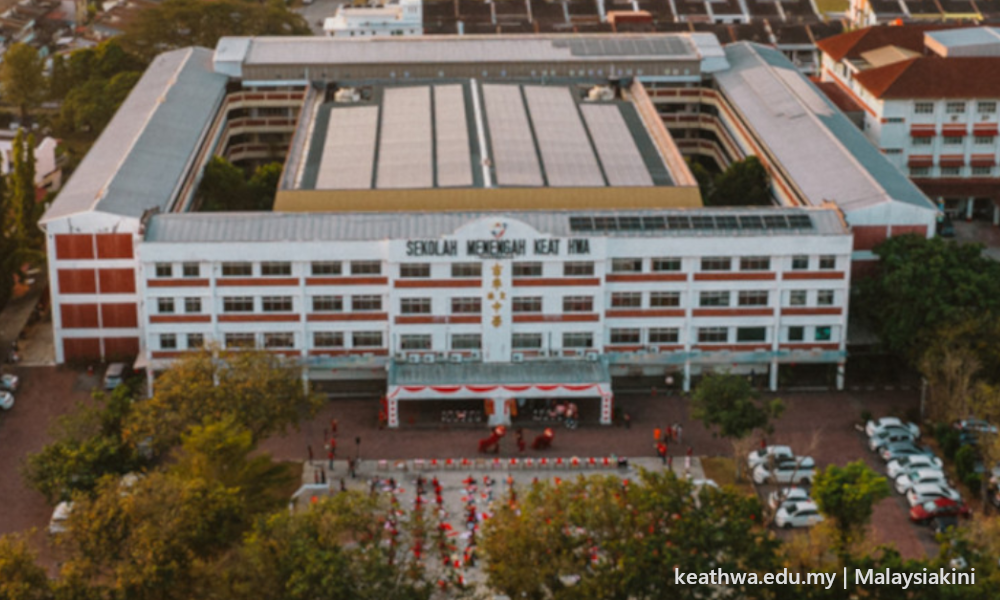
This would be most effective if they would embrace the Malay language and the Nusantara civilisation, while preserving their own cultural heritage.
Promoting English as if Malay mastery is an obstacle to progress would not endear most Malays. Likewise, a viable alternative to Arabisation would be embracing the Nusantara heritage, instead of promoting Westernisation.
Smart lobbying has to be taken consciously as a whole-of-community effort. To trigger corresponding behavioural change among the Malays – to dismiss the ultra-nationalist instigation, you need significant behaviour change amongst the non-Malays, as communities.
This is definitely possible – just look at Kelantanese Chinese who speak fluently both “kecek Klate” (via neighbourhood) and Mandarin Chinese (via Chinese schools), remain Taoist/Buddhist/Christian and are accepted by other Kelantanese.
Inevitably, for many non-Malays, this is psychologically defeating – why must we do this to be accepted? Aren’t we good enough Malaysian citizens? The answer: if this strategy works better than accepting the realities or migration, would you still resist it?
Option 6: Dismantle our majoritarian political system
One wishful thinking is that Malaysia would not go down the path of exclusivism if we have enough liberal clergies and Muslim intellectuals, or if progressive thoughts from Fiqh Malaysia, Maqosid Syariah and Madani works.
This ignores the reality that ideologies and discourses are but instruments in marketing. American political scientist Anthony Downs famously said, “parties formulate policies in order to win elections, rather than win elections in order to formulate policies.”
Moderate Islamist discourses are not popular not because they are not moderate or sophisticated enough, but simply because they are electorally attractive, as Anwar alluded to in defending the university ethnic quota.

We need to stare right into the eyes of the elephant in the room, and ask: why do Malay-Muslims still feel so insecure when their demographic percentage continues to grow with higher reproductive growth rate, aggressive efforts of conversion, and in Sabah, enfranchisement of foreign Muslims?
The answer is our majoritarian system. It concentrates power in the hands of the prime minister and people surrounding him through executive dominance of Parliament and state institutions, centralised federalism, and the first-past-the-post (FPTP) electoral system.
The majoritarian system was useful to amplify Malay political power when they were united under one party. Now that Malay-Muslims are represented by five national parties and three regional parties, they fear the system would be captured by ethnic minorities and liberals to dismantle everything from the New Economic Policy to Islamisation.
So many episodes of culture war are launched exactly to underline the non-Malay threat and reunify Malay parties.
Here is Option 6: advocating a move from majoritarianism to a consensus democracy, through parliamentary reform, decentralisation, and electoral system change, where no community – including the Malay-Muslims – have to fear losing their powers and rights overnight due to an electoral upset.
Conclusion? No. Minorities and liberals have a bright future in Malaysia if we fight smartly.
WONG CHIN HUAT is a political scientist at Sunway University and a member of Project Stability and Accountability for Malaysia (Projek Sama).

No comments:
Post a Comment